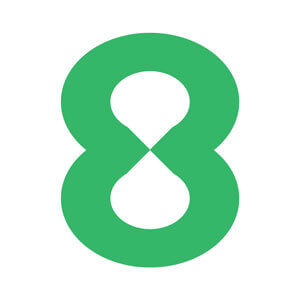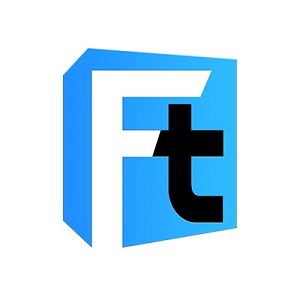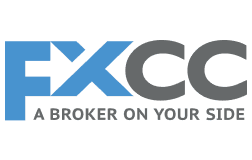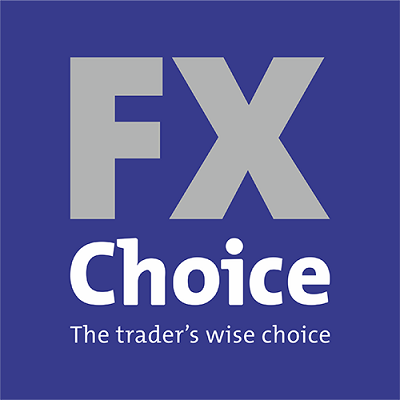NDD (No dealing desk) is getting more and more widespread being employed by the growing number of large marketmakers and forex brokers who once offered only dealing-desk execution. This has its own reasons. NDD offers traders market execution of their orders that are matched with best offers provided by liquidity providers (banks) that the NDD broker is connected to and gets their price feeds from. There are agreements already in place with these providers to the types of offers that will meet the needs of different trader types. The orders do not go through the dealing desk when employing a non-dealing desk brokers. Thus the trader and broker do not have a conflict of interest when making a transaction.
Best Canadian Forex Broker List

easyMarkets

Blackbull Markets

Eightcap

ForTrade

Avatrade

LegacyFX

FXCC

FPmarkets

FX Choice
Regular STP brokers often employ the hybrid business model. They can operate as DD (Dealing Desk) brokers as well as NDD (No Dealing Desk). STP brokers have contracts in place with their liquidity providers and when the size of the order, for example, does not qualify to be big enough, the STP broker will be client’s counter-party and work as a Dealing Desk. It’s often the case when the type of execution of orders is Instant execution.
No Dealing Desk brokers using Market execution with STP are either ECN/STP (orders sent to the large pool of liquidity providers) or DMA/STP (orders sent to the internnal pool of a limited number pf providers with whom the broker has agreements in place).
This is a sort of the next step in the evolution of how retail trading is conducted. The quality of trading experience goes ups as the execution gets better, faster and the ever-lasting conflict of interests “dealer-trader” is eliminated since from now on NDD brokers do not trade against you and earn from commissions only.
Here’s how NDD works in more detail. The broker establishes connections with the banks. It can be one bank, two or more, does not matter. For example, it has access to interbank market through 5 banks. So the broker now receives 5 price feeds with bid/ask offers quoted. At the broker’s backend these price feeds are combined and analyzed showing the best bid/ask prices on its trading platfrom visible to the traders. So if the the broker decides to include its commissions straight into the price it adds it (1 pip for example) and basically the trader gets the spread widened by the fixed value of one pip. Or the broker can decide to charge a commission after the trade is closed by the trader.
So for example, you decide to buy EUR/USD and click the button with the 1.3427 price. After you click the button, your order is sent to the broker at the price of 1.3427. Right then it gets routed to the bank 1 which sells EUR/USD at the price of 1.3426 (NDD broker takes one 1 pip for itself). If your order is accepted by bank 1 then you have a long position at the 1.3427 price and the bank has the short position at the price of 1.3426. As we can see each order is individually offset and everyone’s happy now. There is no risk for the NDD broker as it is the case with the market-maker and dealing-desk type execution where trades are aggregated and there’s the risk taken by the dealer to have these orders not offset by the counterparty and eventually trading against clients, introducing requotes and other bad practices. On the sidenote you shoud also be prepared to see some slippage occur as in the real market the price fluctuates constantly and the execution speed is finite so when the order gets received by the bank the market conditions might change and you the slippage will be applied.
Summarizing the information above, if the trader closes the trade with a $1000 dollar profit then it means a $1000 loss for the bank that offset that trade. Now your great trading performance does not affect in any way the NDD broker as it makes money by charging the fixed commission. For the dealing-desk (marketmaker) broker it was the best situation that the trader loses money as in most cases the deposit stays offset by the dealer’s order meaning they keep your money plus spreads. In fact NDD brokers are happy to have successful clients trading frequently, scalping a lot and so on. The difference between an NDD and ECN brokers is that with NDD traders can not act as liquidity providers and interact with each other.